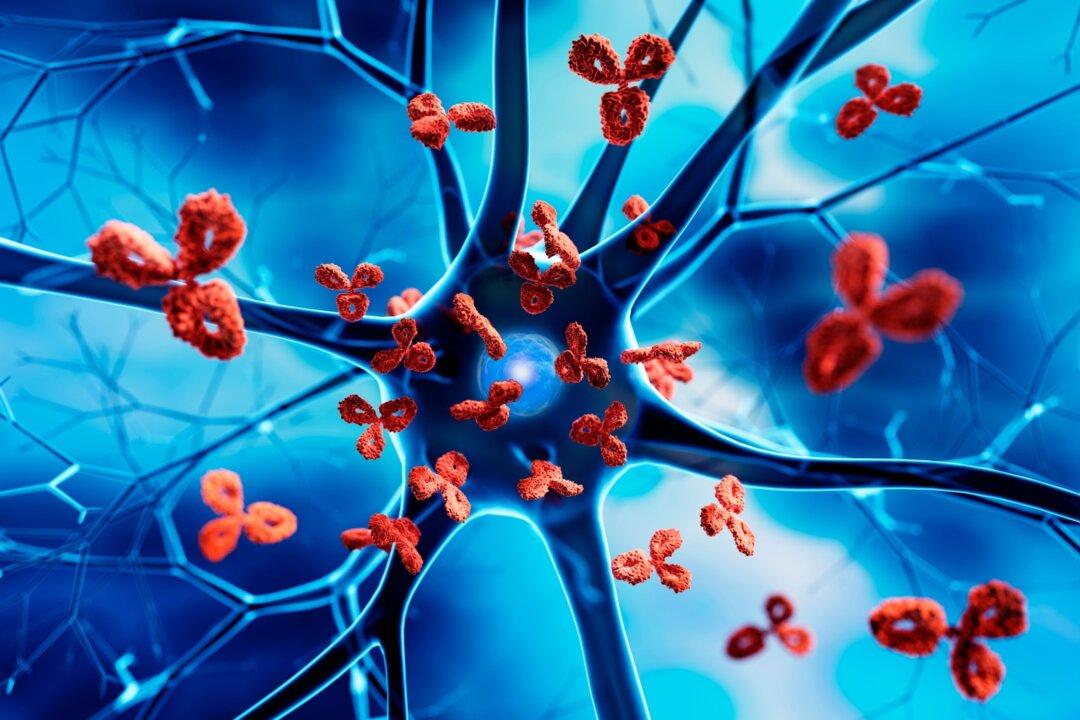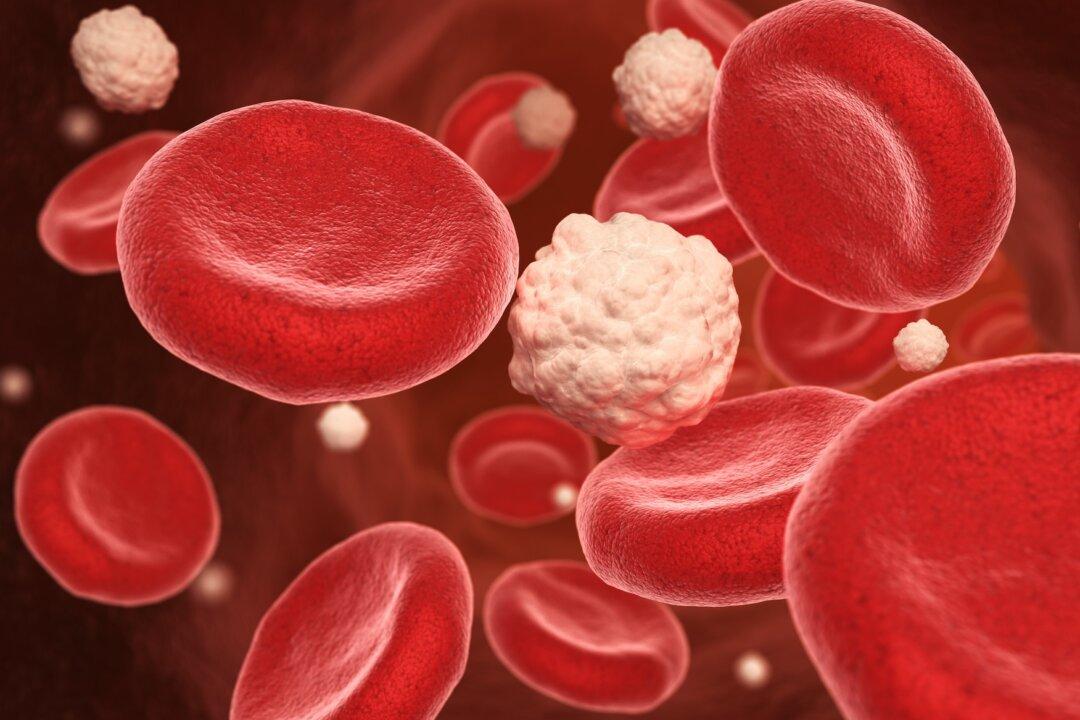The most common complaint my functional medicine colleagues and I hear from our patients is, “I’m always tired, my energy is low, and I can’t seem to pull myself out of this slump.”
Chronic tiredness is ubiquitous today. It can range in severity and have a myriad of underlying causes. Yet when it comes to fatigue, the health of the cellular mitochondria, the “energy factories” in each cell that drive human life, are a common issue. Each cell contains several of these organelles, which function as rechargeable batteries to transform food and oxygen into energy.






